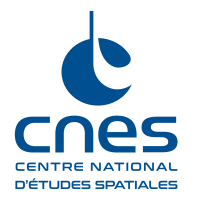Avec ses 20 kg sur la balance, ANGELS est le 1er nanosatellite industriel français. Il est doté du 1er instrument miniaturisé du système Argos : Argos-Néo.
Informations essentielles
| Mission | Initier une filière industrielle française de nanosatellites |
|---|---|
| Domaine CNES | Observation, Télécoms, navigation |
| Date de début | 18 décembre 2019 |
| Partenaires | Hemeria (+ Thales Alenia Space associé à Syrlinks pour l’instrument Argos-Néo) |
| Lieu | Orbite polaire à 500 km d’altitude |
| Durée | Exploitation en orbite durant 2 ans + 3 ans d’extension |
| Statut du projet | En exploitation |
Chiffres clés
- < 20 kg masse du satellite
- 1,5 kg masse de l’instrument Argos-Néo
- 2,5 ans durée du développement jusqu’au lancement
Dates clés
- 18 décembre 2024 : Fin d’exploitation
- Octobre 2020 : Recette en vol Mission
- Août 2020 : Recette en vol Satellite
- 18 décembre 2019 : Lancement du satellite ANGELS par Soyouz
- Septembre 2019 : QO et recette du satellite
- Octobre 2018 : CDR (Critical Design Review)
- Octobre 2017 : PDR (Preliminary Design Review)
- Mars 2017 : Kick-Off
Le projet en bref
ANGELS (Argos-Néo on a Generic Economical and Light Satellite) est le 1er nanosatellite conçu et développé par l’industrie française avec le soutien du CNES. Il est doté d’Argos-Néo, un instrument 10 fois plus petit et consommant 3 fois moins d’énergie que la génération des instruments Argos actuellement en orbite.
Le CNES et la société Hemeria ont co-investi et ont développé ensemble ANGELS dans une démarche résolument New Space tant dans la gouvernance, la conception, les cycles de développement et de tests, avec un recours systématique à des composants commerciaux miniaturisés. Cette démarche a impliqué une certaine prise de risque mais a réduit drastiquement coûts et délais de réalisation.
Débuté en mars 2017, le satellite miniature a été lancé et mis en orbite avec succès le 18 décembre 2019 par un lanceur Soyouz depuis le Centre Spatial Guyanais. Après 2 ans en orbite, le succès et les performances d'ANGELS ont entrainé la signature, entre le CNES et Hemeria, d'accords prolongeant de 3 ans la durée de vie de la mission.
Rôle du CNES dans le projet
Le CNES co-finance et co-développe ANGELS.
Contact CNES
Cheffe de projet CNES
Laurène GILLOT
Courriel : laurene.gillot at cnes.fr




